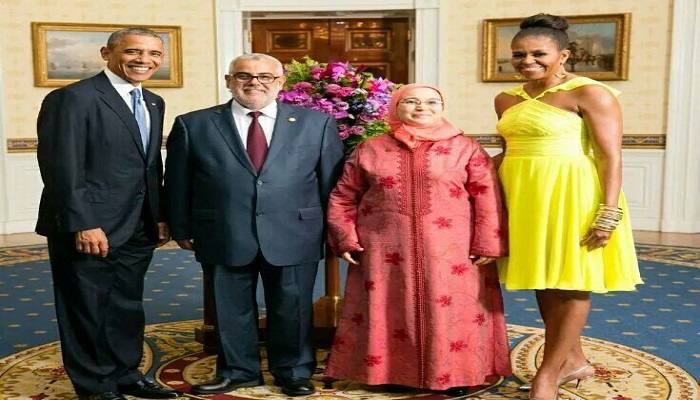
American-Iranian mathematician Maryam Mirzakhani won the Fields Medal, considered the Nobel of math, and broke into male-dominated academic elite.
Mirzakhani, 37, won the most prestigious prize in math for the first time, a hugely symbolic breakthrough for gender equality in one of the most male-dominated areas of academic research, the Time reported.
She was born and grown in Iran. She studied math in the Sharif University of Technology in Tehran and the US University of Harvard.
Mirzakhani has been a professor at Stanford University since 2008.
All the previous 52 winners of the Fields have been men since its inception in 1936.
Ingrid Daubechies, the president of the International Mathematical Union (IMU), said that Mirzakhani’s success was “hugely symbolic and I hope it will encourage more women to get into mathematics because we need more women. I am very happy that now we can put to rest that particular it has never happened before”.
The Fields Medal is awarded every four years at the IMU’s International Mathematical Congress to two to four mathematicians aged under 40. The medal honors “outstanding mathematical achievement for existing work and for the promise of future achievement,” which is why there is an age limit.
Besides Mirzakhani, the other recipients will be Manjul Bhargava, Princeton professor who was born in Canada but raised in the US; Artur Ávila from Brazil; and Martin Hairer from Austria.
As well as honoring a woman for the first time, this year’s Fields also reflect the rise of the developing world in producing top mathematicians, even if they are working at universities in the West.
Ávila, who works in Paris, is the first winner from South America and Mirzakhani the first from the Middle-East.
Daubechies, who is the first female president of the IMU, said that there have been excellent female mathematicians before but often they have not done their strongest work before age 40.





